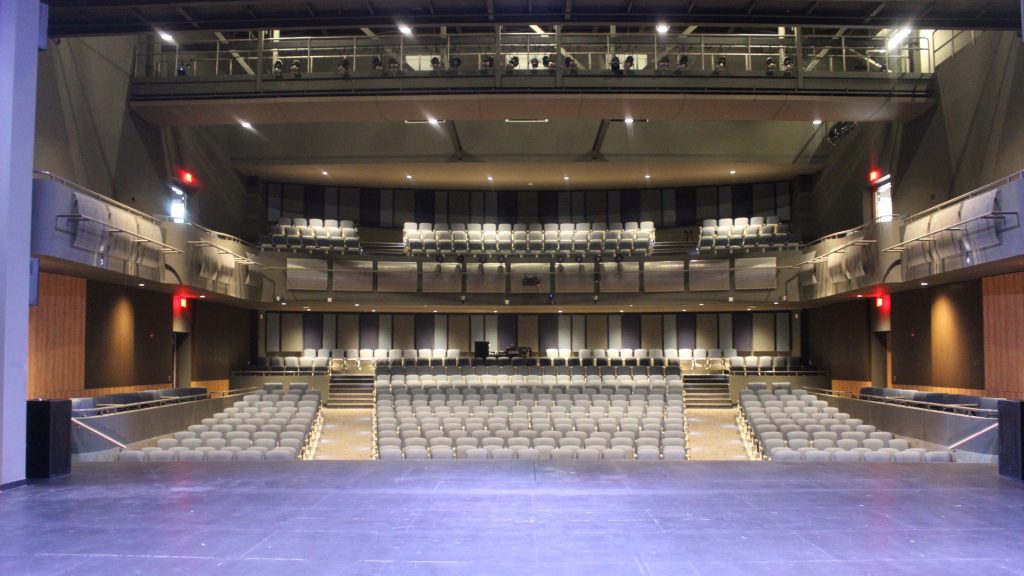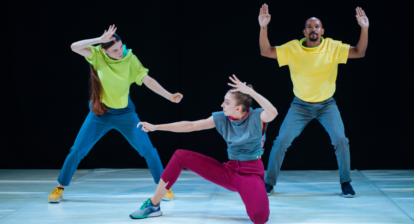Since the beginning of the COVID-19 outbreak – and the bans on gatherings – many performing arts presenters have chosen to postpone performances rather than cancelling them outright. If postponements may appear to be the lesser of two evils, they have disadvantages as well.
According to a quick poll conducted during a Presenters’ town hall on April 14, 60% of poll participants (21 out of 35) said they postponed 81-100% of their performances between March 12 and April 14, 2020.
Postponements can however take quite a while to reschedule. About one in two poll participants reported they had only managed to successfully reschedule only 0 -20% of their postponements, so far. Presenters further reported they are attempting to reschedule performances into the tail end of their 2020-2021 season and into the 2021-2022 season.
Postponed or cancelled, a show that doesn’t take place at the scheduled date is a loss for multiple cultural workers, along the entire value chain.
Postponements are a means for presenting organizations to preserve their admission revenues as liquidities and to recover part of their marketing and box office expenses. While postponements present certain administrative advantages over cancellations, it’s important to realize that postponements and cancellations are essentially the same from the perspective of lost revenues for multiple cultural workers in the live performance value chain. Whenever a show is postponed, it effectively takes the place of another show that might otherwise have been scheduled at the same date as the postponed performance. Admission revenues may be preserved as liquidities until a performance is scheduled, but whatever tickets were already sold won’t be sold again when the performance is rescheduled in a year from now. Similarly, artists and producing companies who were paid a deposit may keep this deposit, but they won’t be paid another deposit when the performance is rescheduled. All in all these are lost revenues.
The rescheduling of postponements can in effect cause cancellations of other performance engagements that were not yet fully confirmed in an executed contract. Touring agents indeed reported that postponements are having a “cascading effect”: verbal agreements or other forms of agreements in principle for the 2021-2022 season are sometimes cancelled by presenters in order to make room for the rescheduling of a postponed performance. These secondary cancellations are a major problem for the agents and the artist that they represent. A tour brings about many costs and a minimum number of performances are required to reach the financial break-even point. A single cancellation can therefore affect the financial viability of a tour and trigger the cancellation of the entire tour. Touring agents then waste all the resources that went into booking and coordinating the tour. And they miss out on their commission revenues.
Administratively, admission revenues from a postponed performance may serve as temporary liquidities. However, from an accounting point of view, admission revenues from a postponed performance should be considered a liability towards the rescheduled performance – especially if that performance is taking place in a subsequent fiscal year. No matter from what angle you look at it, a postponement is a loss for the entire value chain – for the presenter, for the ushers and technicians who lose a work shift, for the touring agents, and for the artists.
The COVID-19 pandemic has brought a daily avalanche of constantly-shifting news, concerns, updates, and government responses. Presenters, agents, and artists are all trying to grasp a new and rapidly-evolving reality. This is why CAPACOA, with support from Ontario Presents, has determined to document the changing state of the situation, as you report it to us during our online gatherings. We hope that our weekly Chronicles of a Pandemic and the Performing Arts will help those of us in the sector, and those looking to support it, to grasp our unique situation as it continues to evolve.




